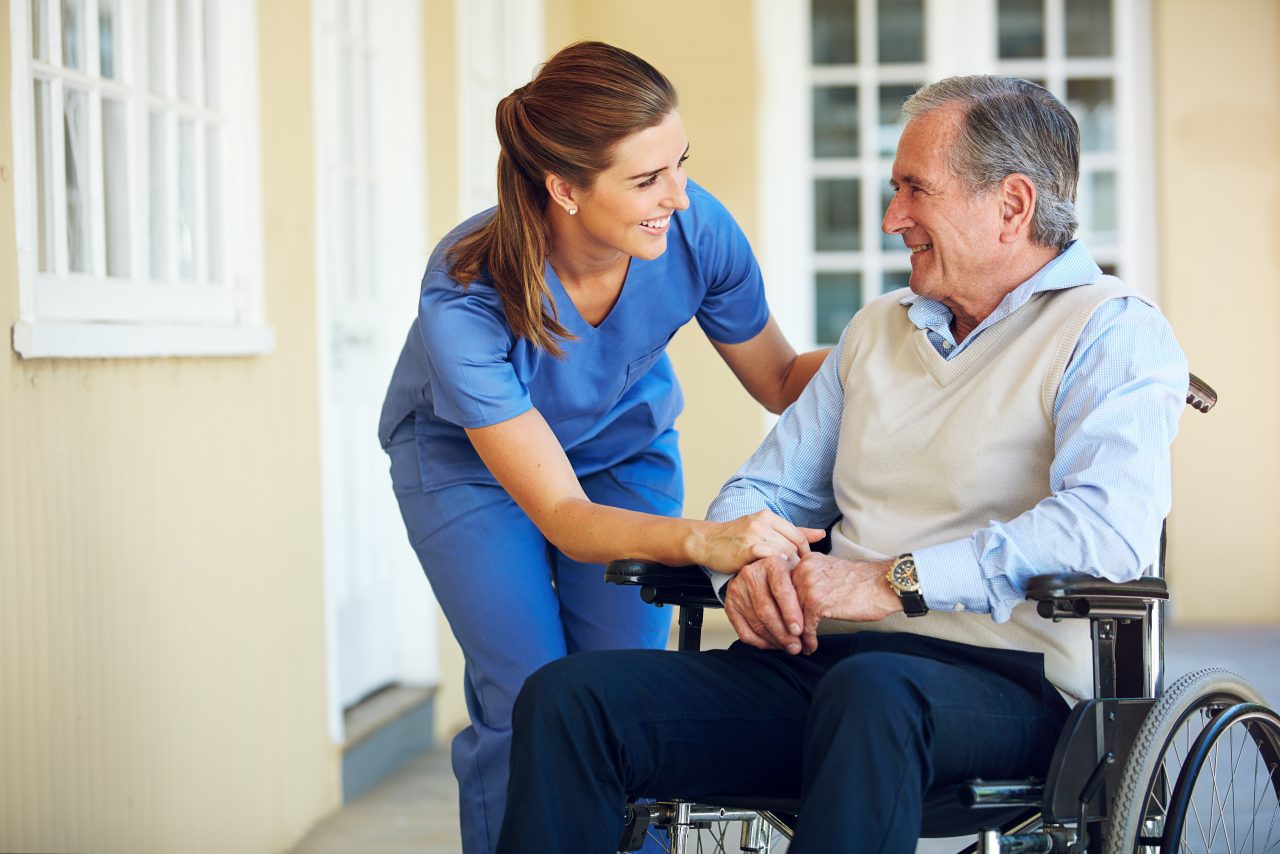
In daytime care in Malta, adaptive equipment and assistive devices are essential tools that empower clients to lead independent and fulfilling lives. This post explores the transformative impact of these tools, which go beyond simple assistance to foster autonomy, comfort, and self-sufficiency, providing essential support in senior care.
"Empowering independence begins with providing the right tools for every unique need."
1. Mobility Aids: Freedom to Move and Engage
- Wheelchairs and Walkers
Mobility aids like wheelchairs and walkers help clients move freely, stay active, and engage socially. For many in daytime care, these aids provide a sense of freedom and connection that enriches their daily experience. - Personalised Solutions
Home carers and live-in carers in Malta work closely with clients to select and customise the most suitable mobility aids, ensuring that each person’s preferences and needs are met.
"Mobility aids are more than tools; they’re pathways to freedom and connection."
2. Adaptive Kitchen Tools: Fostering Culinary Independence
- Ergonomic Utensils
Adaptive kitchen tools, such as ergonomic utensils, empower clients in daytime care to take part in meal preparation, creating a sense of accomplishment and independence. - Accessible Appliances
User-friendly kitchen appliances help clients safely and comfortably engage in cooking, making the kitchen a space for creativity and self-expression, supported by their home carer.
3. Assistive Technology for Communication: Staying Connected
- Communication Devices
Tools like speech-generating devices, tablets, and apps empower clients to express themselves and stay socially connected, fostering a greater sense of belonging. Daytime care in Malta uses these tools to ensure that everyone can participate in conversations and share their thoughts. - Video Calling Solutions
Video calling technology allows clients to stay in touch with friends and family, bridging distances and reducing feelings of isolation—an essential part of senior care support.
"Assistive technology transforms communication, opening doors to connection and engagement."
4. Ergonomic Furniture and Seating: Comfort with Accessibility
- Adjustable Furniture
Daytime care in Malta uses adjustable chairs and tables to ensure comfort and accessibility for all, accommodating a variety of mobility and physical needs. - Pressure-Relief Seating
Specialised seating with pressure-relief features supports prolonged sitting, promoting comfort and well-being for clients in senior care.
5. Personal Care Assistance Tools: Supporting Dignity
- Assistive Bathing Equipment
Equipment like shower chairs, grab bars, and non-slip mats promote safety and dignity in personal care, helping home carers create a comfortable, secure environment for clients. - Dressing Aids
Adaptive tools such as dressing sticks and button aids support clients in managing clothing independently, fostering a sense of self-sufficiency and dignity, especially with the guidance of a home carer.
"Personal care tools uphold dignity, allowing individuals to approach daily routines with confidence."
6. Cognitive Assistive Devices: Enhancing Mental Engagement
- Memory Aids
Cognitive tools like reminder apps and electronic calendars support memory and organisation, keeping clients mentally engaged and organised. - Interactive Games and Puzzles
Cognitive games and puzzles add a fun, challenging element to daytime care, stimulating mental activity and supporting cognitive health in senior care.
Conclusion
In daytime care in Malta, adaptive equipment isn’t just about overcoming challenges—it’s about unlocking possibilities and empowering independence. At MyCare Malta, we believe these tools are essential to creating a caregiving environment that respects each person’s unique needs and aspirations. By embracing adaptive equipment, we make independence a tangible reality, enriching daily life for those in our dedicated care. Because true empowerment combines innovation with compassion, bringing freedom and autonomy to every individual we serve.
"Independence isn’t just a goal; it’s a way of life supported by thoughtful care and adaptive tools."